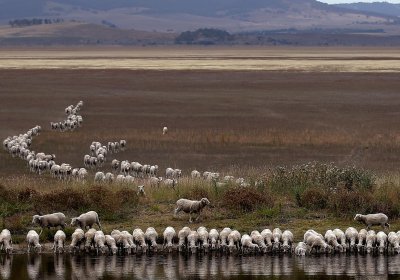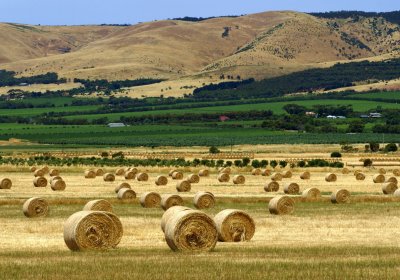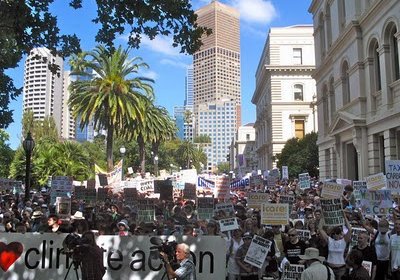Australia is the most urbanised country on earth. Almost 90% of Australians live in urban areas, while rural Australia, as of 2010–11, had only 134,000 farm businesses employing 307,000 people to manage 52% of Australia — 417.3 million hectares of land, including the 46.3% of Australia that is marginal land.
Elena Garcia
The dairy industry is in crisis and dairy sustainability is under attack.
In Victoria — where most dairy farms are — Australia’s largest processor, farmer-owned co-operative Murray Goulburn, allowed outside investors to become members, to get the funds to build more infrastructure to take advantage of export opportunities. Murray Goulburn prioritised paying returns to those investors out of their 2016 $44 million annual profit, rather than to the farmers who supply the product.
In the past few years, private investors backed by corporate interests such as global banks, financial firms, hedge funds and food giants have bought a huge amount of farmland across the global South.
 Author Carla Gorton at the Cairns launch of the book and associated film project. Photo: Jobsforwomenfilm.com.
Women of Steel: Gender, jobs & justice at BHP
Carla Gorton & Pat Brewer
Resistance Books, Sydney
$10 paperback, 73 pages
www.resistancebooks.com
Author Carla Gorton at the Cairns launch of the book and associated film project. Photo: Jobsforwomenfilm.com.
Women of Steel: Gender, jobs & justice at BHP
Carla Gorton & Pat Brewer
Resistance Books, Sydney
$10 paperback, 73 pages
www.resistancebooks.com
The argument for a carbon tax in Australia boils down to two key points. The first is that a carbon tax puts a price on pollution. Pollution has been officially free for industry up until now.
- Previous page
- Page 3







